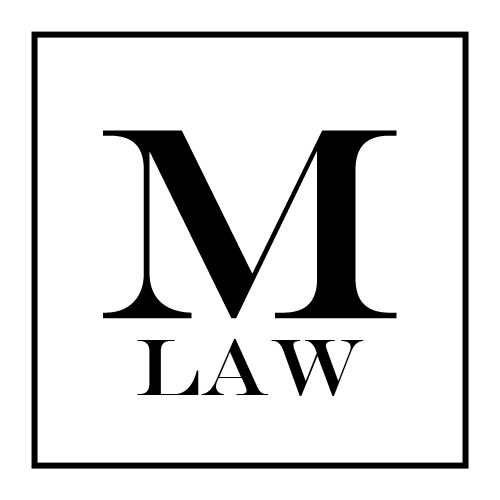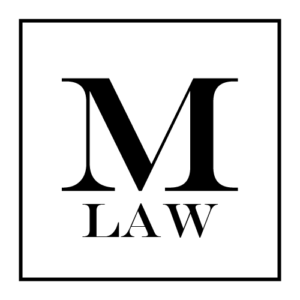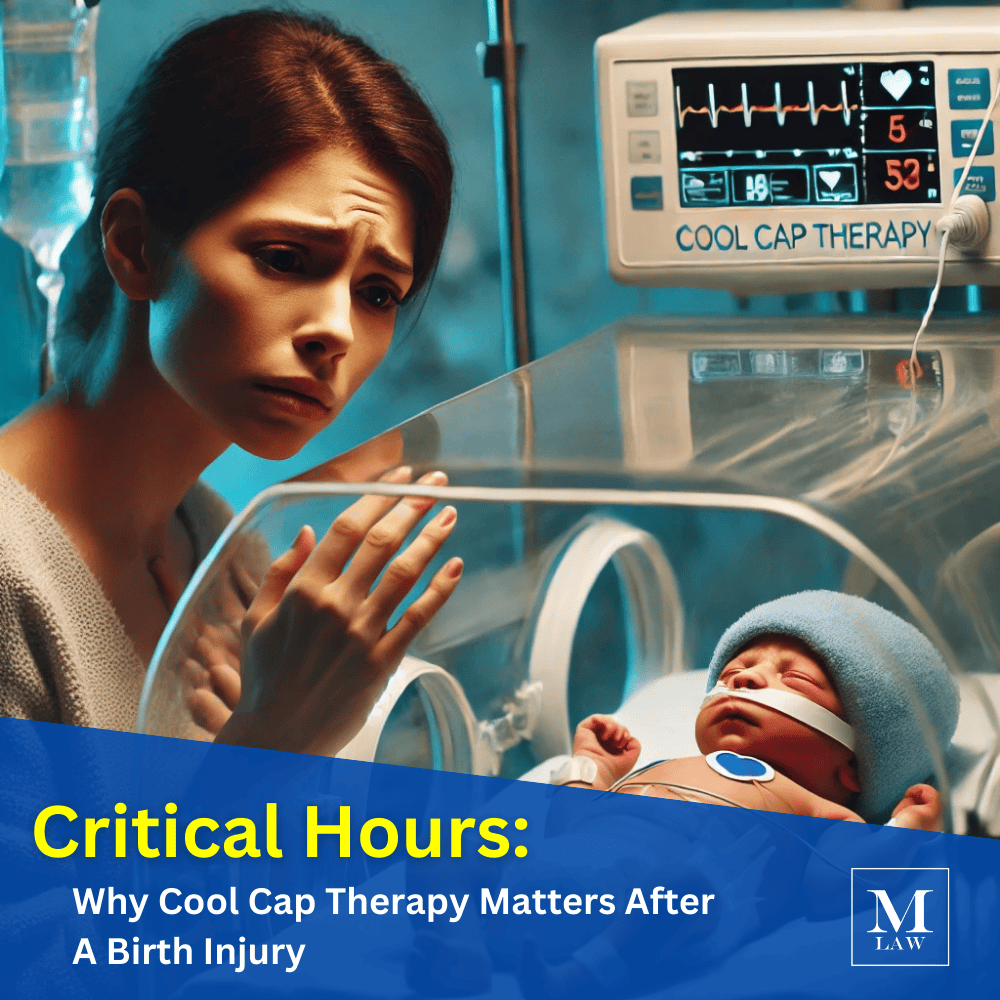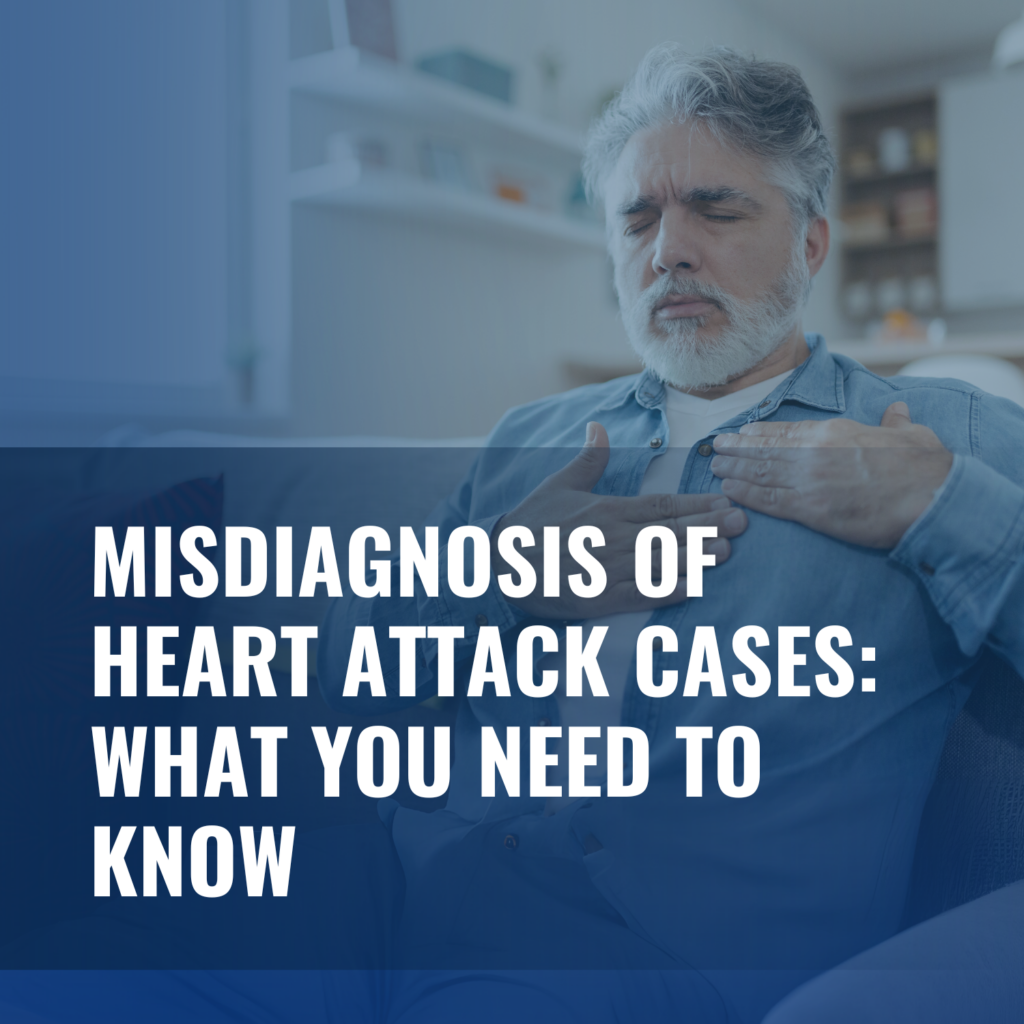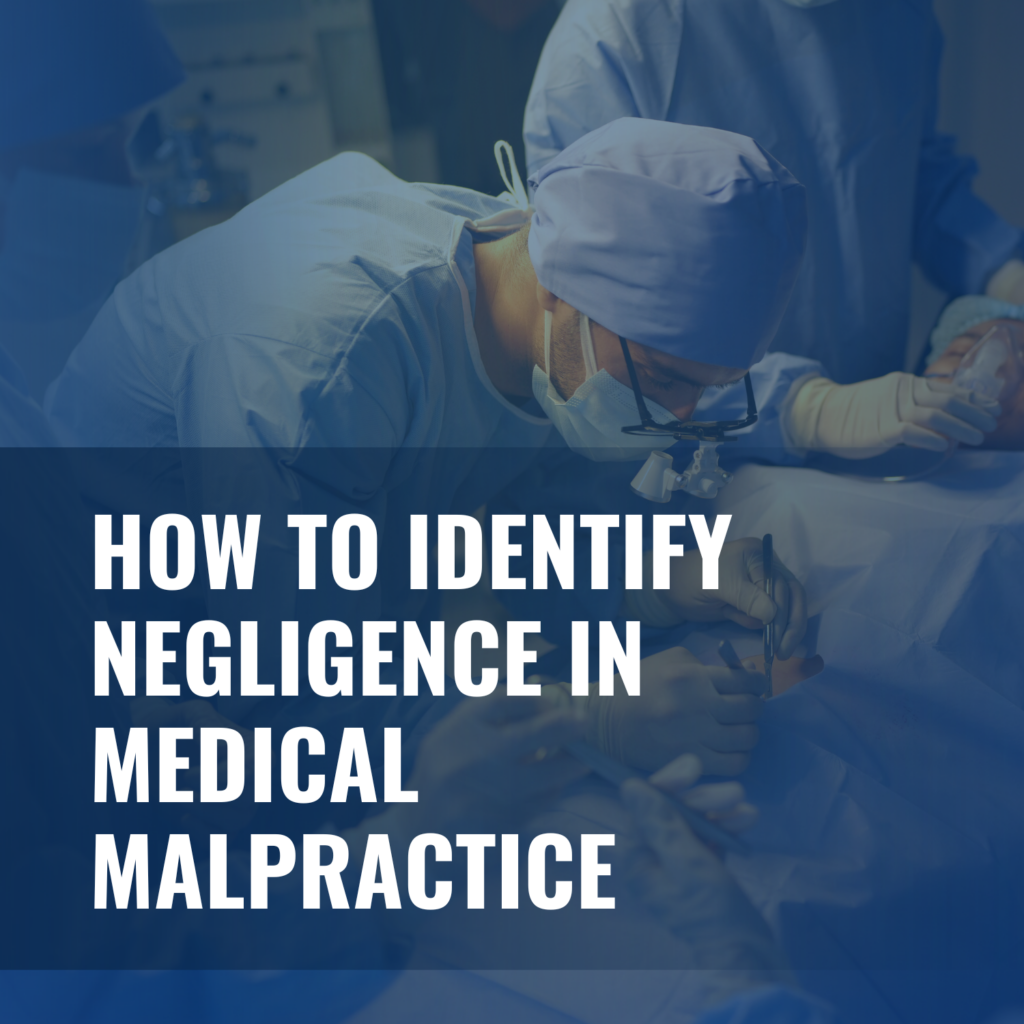Merson Law Review: VOL. II NO. 9 October 20, 2022
Editor in Chief: Steven E. North, Esq.
Case Editor: Emily C. Vaught, Esq.
Guest Commentary: Aurora Hermida, Law Clerk
1. CVA – Pleadings and Revival Statute
Shapiro v. Syracuse Univ., 2022 NY Slip Op 04835 (4th Dept. Aug. 4, 2022)
Background: The three individual plaintiffs commenced personal injury actions against the defendants pursuant to the Child Victims Act. The court (Patrick F. MacRae, J.) denied defendant Syracuse University’s motion to dismiss the amended complaint based upon inadequate pleadings and granted the motion of defendant Camp Greylock dismissing the case against it on statute of limitations basis.
Holding: The appellate court modified the Order, agreeing with the plaintiff that the necessary allegations were sufficiently plead noting that on a motion to dismiss pursuant to CPLR 3211 the pleadings must be interpreted liberally, and that plaintiff must be given “the benefit of every possible favorable inference”. As to the defendant Greylock’s motion, the Court held that the New York CVA revival statute applied to the two New York State residents but not to one of the plaintiffs who resided in Massachusetts. Consequently, the Court reinstated the actions by the two New York State residents but affirmed the dismissal of the out-of-state resident.
2. A Defense Minded Court Gets Overruled
Braxton v. Erie County Med. Ctr. Corp., 2022 NY Slip Op 04886 (4th Dept. Aug. 4, 2022)
Background: The plaintiff’s decedent commenced a medical malpractice action based upon the failure to diagnose a cervical abscess leading to death. The defendants moved for summary judgment on a variety of grounds: plaintiff raised new theories of liability; the alleged departures claimed by the plaintiff’s expert were not contained within the bill of particulars; plaintiff’s expert failed to address all of the allegations contained within the bill of particulars; the plaintiff failed to identify the specific employees of the defendant who had allegedly failed to read decedent’s CT scan and order a urinalysis. The court (Frederick J. Marshall, J.) granted the defendants’ motion for summary judgment, based upon the aforesaid claims by the defendant.
Holding: The appellate court reversed, holding that the plaintiff raised triable issues of fact by submitting affirmations from medical experts. In determining whether a new theory of liability has been alleged, the Court focused on the allegations in the complaint and bills of particulars. The Court noted that in a medical malpractice action, the plaintiff’s bill of particulars “need only make a reasonable attempt to amplify the pleading, limit the proof and prevent surprise at trial”. Here, the expert affirmation did not change the theory of liability – that defendants failed to properly diagnose and treat the decedent’s cervical abscess. The Court found that allegations that advance such claim are not considered new theories of liability. As to the trial court’s position that the plaintiff was required to provide the names of every alleged negligent actor engaging in conduct within the scope of employment of the defendant, the appellate court held that such requirement is poppycock particularly since the defendant itself is in the best position to identify its own employees.
3. Speculation That Further Discovery Will Defeat SJ Does Not Hold Water
Xiuying Cui v. Hussain, 2022 NY Slip Op 04759 (2d Dept. July 27, 2022)
Background: The plaintiff allegedly sustained injuries when she was struck by the defendant’s vehicle that was making a right turn while she was in the crosswalk halfway across the street with the traffic signal in her favor, having first looked both ways for approaching vehicles. The court (Timothy J. Dufficy, J.) denied the plaintiff’s motion for summary judgment on the issue of liability, as well as the plaintiff’s motion to dismiss the defendant’s third affirmative defense alleging comparative negligence.
Holding: The appellate court reversed, granting the motion for summary judgment on the issue of liability and dismissing the affirmative defense that alleged comparative negligence. To be entitled to summary judgment on the issue of a defendant’s liability, a plaintiff does not bear the burden of establishing the absence of his or her own comparative negligence. However, the issue of a plaintiff’s comparative negligence may be decided in the context of a summary judgment motion where, as here, the plaintiff moves for summary judgment dismissing such an affirmative defense. Moreover, the Court held that the defendant failed to offer an evidentiary basis to suggest that additional discovery may lead to relevant evidence or that the that facts essential to opposing the motion were exclusively within the knowledge and control of the plaintiff. Importantly, the Court noted that the “mere hope or speculation” that evidence sufficient to defeat a motion for summary judgment may be uncovered during the discovery process is an insufficient basis for denying the plaintiff’s motion.
4. Mention of Auto Insurance Not Prejudicial
Gbadehan v. Williams, 2022 Slip Op 04703 (1st Dept. July 26, 2022)
Background: During the trial of this motor vehicle accident case the defendant testified on direct examination by the plaintiff’s counsel, and on cross-examination by her own counsel, that she had spoken with and sent pictures of the accident to her insurance carrier. The court (Kenneth L. Thompson, Jr., J.) granted the defendant’s motions to set aside the verdict and vacate the judgment on the ground that her voluntary reference to her insurance prejudiced her.
Holding: The appellate court reversed, holding that while evidence that a defendant carries liability insurance is generally inadmissible due to its potential for prejudice—as a jury’s awareness of insurance coverage might make it easier for it to render an adverse verdict against the defendant—a passing reference to insurance does not necessarily warrant reversal.
THE CAUSATION DEFENSE AS A MATTER OF LAW (*1)
A plaintiff is required to prove three elements to establish a prima facie case of medical malpractice: (1) the standard of care at the point of treatment; (2) a breach of that standard of care by the defendant; and (3) that the breach was the proximate cause of the injury claimed.
Expert testimony is typically needed to prove a deviation from accepted standards of medical care and to establish proximate cause in medical malpractice cases.(*2) Indeed, once both sides have presented their expert testimony, it is left to the jury to decide which expert is more credible.(*3)
Expert testimony is so vital in medical malpractice claims that causation issues which are left to the jury to decide without expert support are few, mainly limited to cases arising from sui generis circumstances. It follows that unless causation issues are evaluated with the assistance of experts, counsel will not be prepared to defend their party.
Although the question of causation is one of fact and law, it is relevant that, regardless of the stage in proceedings, the court confirm the legal viability of each causation issue before the question of fact is presented to the jury. This is obligatory, because a verdict will be vacated and a claim dismissed if factual evidence supporting the causation claim is deemed speculative.(*4)
For example, in Gross v. Friedman, 138 A.D.2d 571 (2d Dept. 1988), aff’d. 73 N.Y.2d 721 (1988), where plaintiff’s expert did not testify that a failure to perform surgery or to diagnose the patient’s condition was the proximate cause of the claimed injuries, the court sustained a dismissal of the case. It follows that dismissal of the complaint as a matter of law is warranted by insufficiency in the expert support for the causation element alone.(*5)
Thus, courts will rule in favor of the defendant if defendant identifies and develops the causation defenses to provide a basis for their determination as a matter of law. This is because courts recognize that the issue of causation is vital to the plaintiff’s case, and that without both factual and expert evidence to support the casual link, there is no issue of fact for the jury.
*1 See also John L.A. Lyddane, The Causation Defense as a Matter of Law, N.Y.L.J., Sept. 16, 2022.
*2 Semel v. Guzman, 84 A.D.3d 1054 (2d Dept. 2011).
*3 Texter v. Middletown Dialysis Center, 22 A.D.3d 831 (2d Dept. 2005)
*4 Kinch v. Adams, 46 A.D.2d 467 (3d Dept. 1975).
*5 Koehler v. Schwartz, 48 N.Y.2d 807 (1979)


